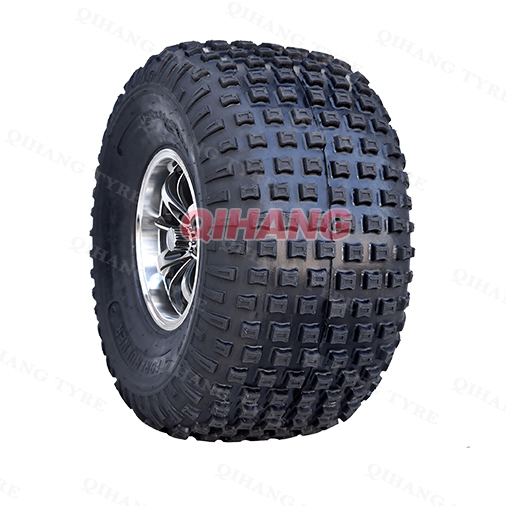When purchasing special industrial tires, you need to consider the vehicle type, working environment, tire performance and characteristics, brand and quality certification, price and cost performance, and other considerations. Through comprehensive consideration and comparison, you can choose the tire that best suits your vehicle and working environment, improve work efficiency and ensure driving safety.
1. Clarify the vehicle type and working environment
Vehicle type: Choose the appropriate tire specifications and types according to your vehicle type (such as excavator, loader, bulldozer, etc.). Different models have different requirements for tires, so make sure the selected tires match the model.
Working environment: Consider the working environment of the vehicle, including road conditions (such as mud, gravel, asphalt, etc.), climatic conditions (such as high temperature, low temperature, humidity, etc.) and work intensity. Choose tires that are highly adaptable and can cope with harsh working environments.
2. Pay attention to tire performance and characteristics
Wear resistance: Special industrial tires usually need to withstand heavy loads and harsh working conditions, so wear resistance is an important indicator. Choosing tires with strong wear resistance can extend service life and reduce replacement frequency.
Grip: Good grip can ensure the vehicle's stable driving in complex terrain and improve work efficiency. Choose the right tire pattern and material according to the working environment to improve grip.
Puncture resistance: In some harsh environments, tires are easily punctured by sharp objects. Choosing tires with puncture resistance can reduce tire damage and downtime caused by punctures.
High or low temperature resistance: Choose the right tire according to the climatic conditions of the working environment. In high temperature environments, choose high temperature resistant tire materials; in low temperature environments, choose tires with better low temperature performance.
3. Consider brand and quality certification
Brand selection: Choose well-known brands and tire manufacturers with good reputation. Well-known brands usually have more advanced technology, stricter quality control and more complete after-sales service.
Quality certification: Check whether the tire has passed relevant quality certifications, such as ISO, CE, etc. Quality certification is an important guarantee for tire quality and performance.
4. Price and cost performance
Price comparison: Compare the prices of tires of different brands and models on the premise of meeting performance and needs. Choose tires with reasonable prices and high cost performance.
After-sales service: Consider the after-sales service policy of the tire manufacturer, such as warranty period, repair service, etc. Good after-sales service can provide you with more protection and support.
5. Other considerations
Tire size: Make sure the size of the selected tire matches the rim of the vehicle. The wrong tire size may cause installation difficulties, unstable driving or damage to the vehicle.
Purchase channel: Choose a regular tire seller or a dealer authorized by the manufacturer to purchase. Avoid buying counterfeit and shoddy products to ensure the quality and performance of the tire.


